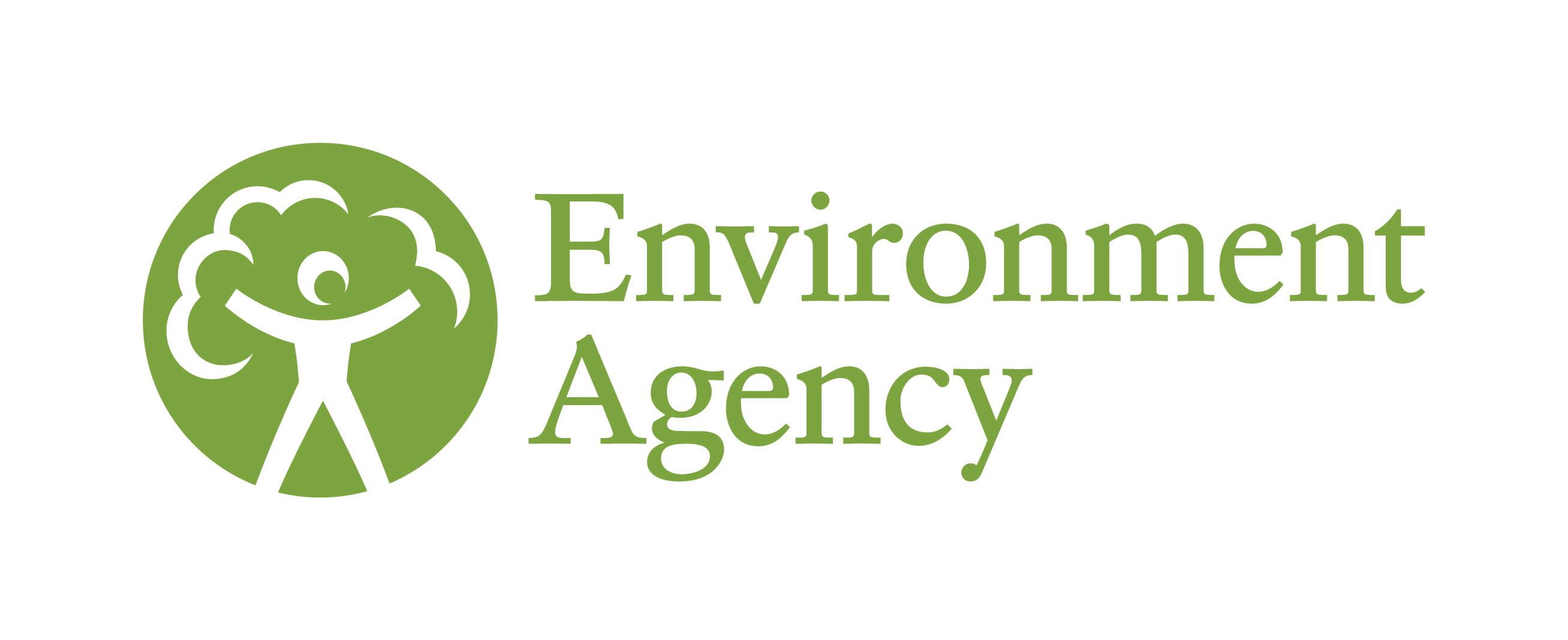Further Baseline Studies to Assess Onshore Oil & Gas Risks to Groundwater
BGS and the Environment Agency are collaborating in a project to characterise groundwater quality to support assessment of the risks to groundwater in England from any new developments in activities related to onshore oil and gas, both conventional and unconventional. The project will last for two years and started in December 2018.
Rationale
Establishing a good baseline for groundwater quality ahead of any subsurface exploration or development, including for onshore oil and gas, is essential for helping to identify future changes that may occur as a result of new activities. Past monitoring has shown that a range of substances that could be associated with new oil and gas activities may already exist in a variety of groundwater circumstances. This may be because they occur naturally or they could result from earlier anthropogenic sources.
BGS carried out investigations of the quality of groundwater in aquifers of England and Wales between the late 1990s and 2015. Part of this investigation includes a series of 23 reports and an overall synthesis report, in a collaboration between BGS and the Environment Agency which took place between 2002 and 2005. BGS's own baseline investigations both pre- and post-dated this collaboration. The studies were designed to provide a wide-ranging understanding of baseline groundwater quality across the country. Although comprehensive, in the context of onshore oil and gas exploration and development, methane and hydrocarbons were not generally included in these baseline reports. BGS, again with EA support, has also carried out an initial survey of methane in aquifers. However, a further evaluation of groundwater quality including relevant hydrocarbons is needed for a thorough understanding of the groundwater baseline in the oil and gas industry context.
Activities
This study seeks to review existing data for selected relevant aquifers in England (in relation to onshore oil and gas exploration) and involves further reconnaissance groundwater sampling to target key diagnostic analytes. The geological and soil conditions that may give rise to the presence of substances associated with onshore oil and gas will also be characterised (e.g. the impact of proximity to methane-bearing media such as coal measures and peat soils).
Activities include:
- review of existing regional data to ascertain available information on oil and gas type substances and distributions;
- sampling and analysis of groundwater from potential oil and gas exploration areas to provide a more comprehensive dataset;
- determination of regional baseline conditions for methane in groundwater, along with other relevant oil-and-gas-related parameters;
- characterisation of strata that act as sources for substances of potential concern, based on hydrogeological conceptualisation;
- extrapolation of findings to other aquifers in proximity to potential new oil and gas activities;
- presentation of findings and summary data.
Sampling and analysis
Evaluation of groundwater quality is ongoing with studies in the Sherwood Sandstone aquifer of north Nottinghamshire and south Yorkshire, and the Lower Greensand aquifer of Sussex and Surrey. Further sampling is planned during 2020/21 in both areas, dependent on site access.
Contact
Contact BGS enquiries for further information.










